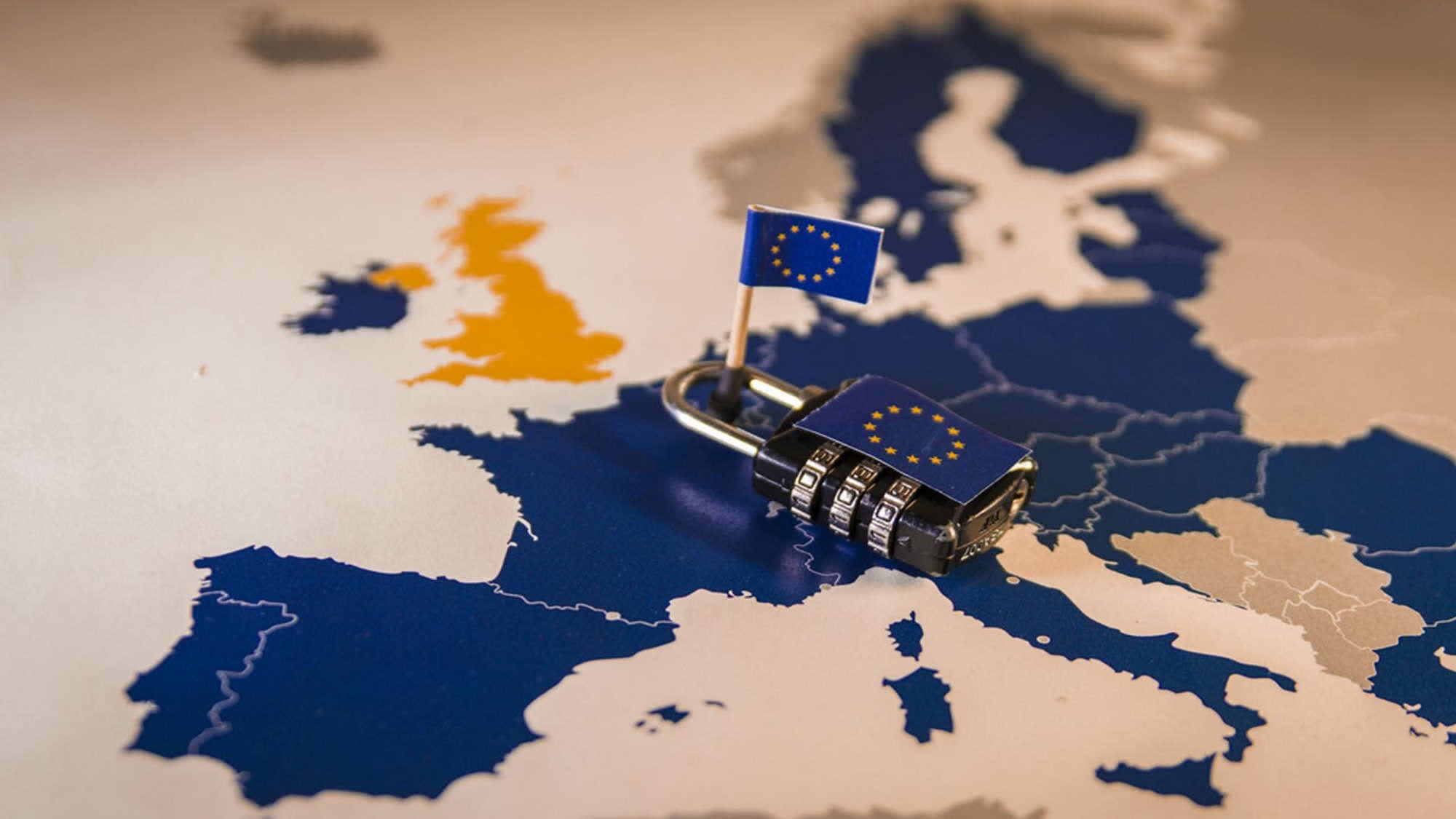Editor's take: The second Trump administration has deliberately strained the traditional partnership between the US and the EU. As a result, many technology companies are now developing market-specific programs and funding initiatives tailored exclusively for Europe. Microsoft, in particular, is eager to strengthen its relationship with European governments, especially in the area of cybersecurity.

Microsoft Vice Chair and President Brad Smith recently introduced the European Security Program, a new initiative aimed at strengthening cybersecurity defenses across Europe. Speaking in Berlin, Smith described ESP as a key part of the company's broader vision for a "Digital Europe," first unveiled in April.
The program builds on Microsoft's existing cybersecurity efforts in the region, while introducing new elements to bolster digital resilience across the continent. ESP is structured around three core pillars:
- Enhancing AI-driven intelligence sharing with government authorities
- Investing additional resources in cybersecurity infrastructure and resilience
- Expanding partnerships to combat cybercriminals and dismantle their operations
Microsoft said the cybersecurity tools offered through ESP will be provided free of charge to European governments. The initiative will engage not only all 27 EU member states, but also candidate countries, members of the European Free Trade Association, the United Kingdom, Monaco, and the Vatican.
AI-powered solutions are central to ESP's mission. According to Microsoft, cybercriminals are increasingly using large language models and other AI tools to develop sophisticated threats. In response, the company is expanding its Government Security Program to give European governments greater access to actionable threat intelligence, leveraging the same AI capabilities to improve cyber defense.

Redmond will use AI to track sophisticated threat actors backed by adversarial nation-states such as China and Russia, expand intelligence sources through partnerships with trusted European stakeholders, and provide regular intelligence briefings on foreign influence campaigns. In addition, the company will issue timely alerts about newly identified security vulnerabilities.
Microsoft also plans new investments to strengthen public-private partnerships, enhance support against ransomware, and fund research and innovation in AI-driven security. Additional funding is earmarked for key European open-source projects, including Log4J and Scancode.
Microsoft is already collaborating with Europol and other European law enforcement agencies to disrupt major cybercrime operations, such as the infamous Lumma infostealer. That collaboration will now intensify. Many of Lumma's 400,000 infections were detected in Europe, with Spain, France, and Poland among the hardest-hit EU countries.
"At Microsoft, our commitment to Europe is deep, enduring, and unwavering. We believe that Europe's digital future is one of the most important opportunities of our time - and protecting that future is a responsibility we share," Smith said.
That said, relations between Microsoft and Europe's top regulatory bodies have not always been smooth – particularly in the realm of antitrust enforcement. The European Commission has repeatedly levied significant fines against Microsoft and other Big Tech companies. Still, Redmond has shown a growing willingness to seek more amicable resolutions with Brussels when possible.
Microsoft offers free cybersecurity tools to Europe in major initiative